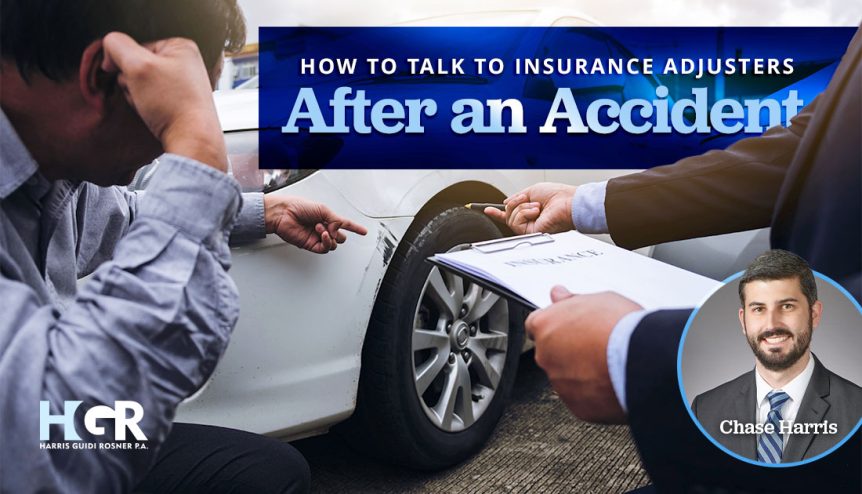Accidents are stressful, and dealing with insurance adjusters can add to that stress. While they might seem helpful and friendly, their primary goal is to minimize the payout for the insurance company. Knowing what to ask and understanding what insurance adjusters prefer you didn’t ask can make a significant difference in your claim’s outcome. Here’s a look at some important questions that insurance adjusters don’t want you to ask after an accident.
“Can You Provide a Copy of the Insurance Policy?”
Why They Don’t Want You to Ask:
The insurance policy details what is covered and any exclusions or limitations. Adjusters may hope you’re unaware of specific provisions that could benefit your claim.
Why You Should Ask:
Having a copy of the policy allows you to understand the coverage fully and ensure you are getting what you are entitled to. It also helps in identifying any clauses that the adjuster might not mention.
“How Did You Calculate the Settlement Offer?”
Why They Don’t Want You to Ask:
Adjusters may use complex formulas or omit certain factors to justify a lower offer. They prefer you accept their assessment without question.
Why You Should Ask:
By asking for the calculation breakdown, you can identify any overlooked damages or errors in their assessment. It allows you to challenge their offer with specific counterpoints and ensures a fair evaluation of your claim.
“Can I See the Reports from All Experts Who Evaluated My Claim?”
Why They Don’t Want You to Ask:
Insurance companies often use their experts to evaluate claims, and these reports might not always be in your favor. Adjusters may prefer you not question their experts’ findings.
Why You Should Ask:
Accessing these reports lets you see if all damages and injuries have been accurately reported. If you disagree with their findings, you can seek a second opinion from your experts, which can strengthen your case.
“What are My Options if I Disagree with Your Offer?”
Why They Don’t Want You to Ask:
They prefer you accept their initial offer without seeking alternatives. Discussing your options might prompt you to explore avenues that could result in a higher payout.
Why You Should Ask:
Understanding your options, such as mediation, arbitration, or legal action, empowers you to make the best decision for your situation. It also shows the adjuster that you are informed and prepared to pursue your claim further if necessary.
“How Long Will the Settlement Process Take?”
Why They Don’t Want You to Ask:
Adjusters might downplay the timeline to pressure you into a quick settlement. They don’t want you to realize that you have time to thoroughly review their offer and seek advice.
Why You Should Ask:
Knowing the expected timeline helps you manage your expectations and plan accordingly. It also gives you leverage if the process drags on, as you can remind the adjuster of any previous time commitments.
“Are There Any Deadlines or Time Limits I Should Be Aware Of?”
Why They Don’t Want You to Ask:
Failing to meet deadlines can result in a denial of your claim. Adjusters might not highlight these limits, hoping you overlook them.
Why You Should Ask:
Being aware of all deadlines ensures you meet all requirements and preserve your right to claims. It also demonstrates your diligence and commitment to following through with your claim.
“Is This the Final Settlement Offer?”
Why They Don’t Want You to Ask:
Adjusters may hope you accept their initial offer without negotiation, which often isn’t their best offer.
Why You Should Ask:
Asking if it’s the final offer encourages them to reconsider and potentially provide a better settlement. It shows you are willing to negotiate and are not easily swayed by their first offer.
Conclusion
Navigating the post-accident landscape with an insurance adjuster can be challenging, but knowing what questions to ask can significantly impact the outcome of your claim. By being informed and proactive, you can ensure that you receive the compensation you deserve. Remember, it’s always beneficial to consult with a personal injury lawyer who can guide you through the process and advocate on your behalf, ensuring your rights are protected and maximizing your potential settlement.
